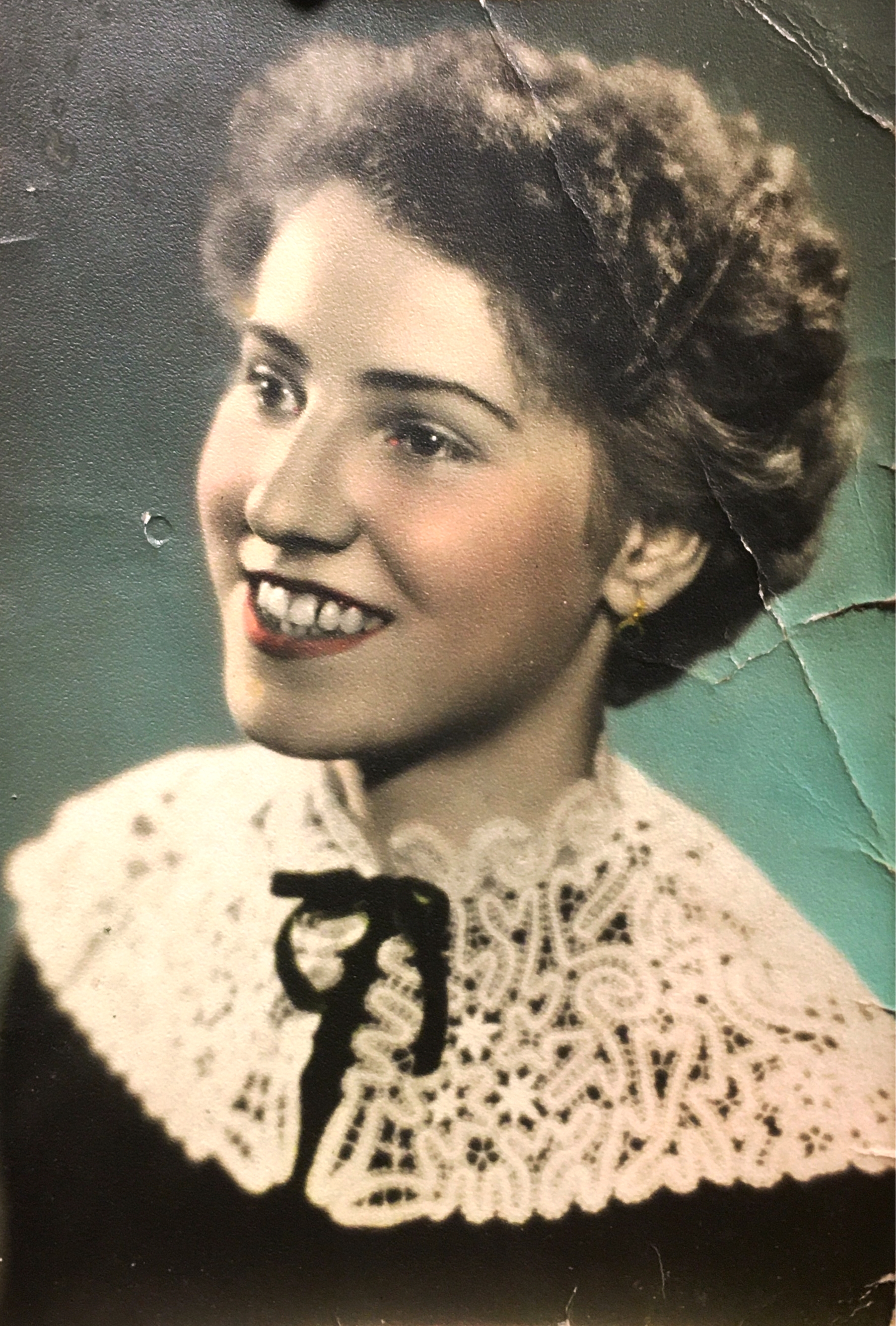Until today, we don‘t know where my uncle is buried

Stáhnout obrázek
Ludmila Dvořáková, née Roušarová, was born on 11 January 1941 in Pustá Rybná. Her parents were small farmers. They joined a cooperative farm in 1959. The beginnings in the farm were difficult, but after a while the working and financial conditions improved. The brother of the witness´s father, František Roušar, studied law. During the trial of Rudolf Slánský he was one of the group‘s defence lawyers. In 1954, in the trial of the „Great Council of Trotskyists“, the state court sentenced him to 10 years in prison; he died in prison. The witness wanted to go to a two-year medical school after secondary school graduation, but because of her faith and her imprisoned uncle, she was not admitted. During her lifetime, she changed various jobs. In 1960, she married Josef Dvořák. Together they had four children. The youngest son Petr was deaf and mute. She was at home with him for a year. At the age of four, he entered an institution at Svatý Kopeček near Olomouc, from where he went home on weekends. Her husband resigned from the party in protest against the occupation in August 1968. In 2023, the witness was living lived in Polička.















